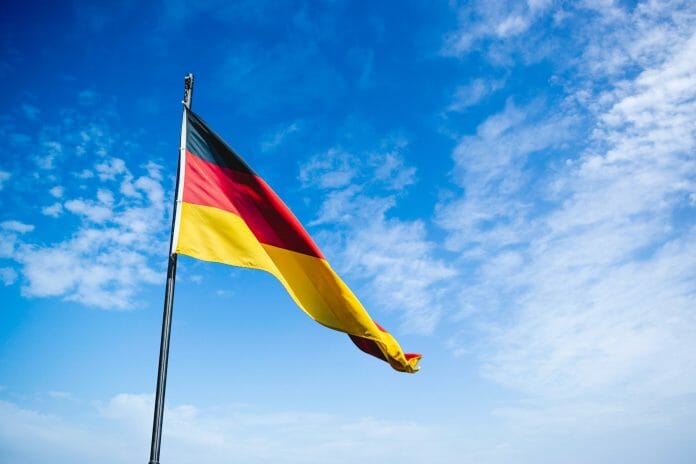By Peter Lundgreen,
The general election to the German parliament will take place on the 26th September, though this time, Chancellor Angela Merkel is not running for re-election. Will it make a significant difference to Germany’s economic policy in the future?
The otherwise politically stable Germany has experienced a spring where the compass now indicates major changes after the parliamentary elections on the 26th September. I assess the fluctuations as a sign of an election campaign in the next two months, where an unusually large proportion of the voters will remain uncertain about which party to finally support.
For the investors who really want to dive into the upcoming German parliamentary elections, this week has already offered a new development. Christian Lindner, leader of the Liberal Party FDP (Freie Demokratische Partei/Freie Demokraten), has declared that he will run for the post as finance minister if the FDP were to join a coalition government consisting of the current governing party, CDU/CSU and the Green Party, and of course, the FDP. With this bid for the Ministry of Finance, the political fronts are suddenly being sharpened.
The Green Party’s election program is extensive, but concerning the overall economic and fiscal policy side, they argue for tax increases, increasing the fiscal deficit and promoting all forms of renewable energy and “green” investments. The FDP, on the other hand, is against tax increases and wants to reconsider how public spending should be used, where they, for example, rate IT infrastructure investments somewhat higher than investments in renewable energy. In my view, this political battle will be interesting for investors to follow as I trust this will determine whether the FDP can win voters, enough to make them needed in the forthcoming governing coalition or not.
In the middle of it all stands Armin Laschet, who replaces current Chancellor, Angela Merkel. One of the certain things in my expectations is that the economic policy will be status quo with Armin Laschet, only corrected for the influence of the Green Party, and possibly the FDP. I assume that Germany’s economy will not be significantly revolutionised, which is very worrying when considering the country’s attractiveness as a long-term investment destination.
It’s somewhat in contrast to the kick-start of the economy that is priced in the stock market. Right now, the pulse is back in the economy as Germany’s exports is almost back at the same level as before the Covid-19 crisis, and companies’ expectations for the future are top notch, and the same applies to consumers.
For a new Chancellor, it is not bad to take over the business when progress is back. But despite the immediate good prospects, I estimate that the future Chancellor could very quickly face a number of challenges concerning the economic growth in Germany.
Although the pulse is back in the manufacturing sector, global production and trade-in goods are in a disarray, so for several reasons, not enough goods reach consumers and companies in Germany. For instance, the chip production is one problem. In the Far East, the virus is spreading again in several countries, which means that many links in the global production chain are now working again at a reduced capacity. This may well have an increasing negative consequence for the German manufactures in the coming months ahead of the election, as well as after the election.
There are other challenges that could suddenly grow as important themes in the election campaign. One example is in Hamburg (population 1.85 Mio. people), where employment agencies and industry associations estimate that at present, 10,000 people are missing for vacant positions in the gastronomy industry in Hamburg alone. It is quite a large number of people when one considers that at the moment, there are approximately 46,000 employed in restaurants, bars, etc. in the city.
As a consequence, quite a number of restaurants are still closed from Monday to Wednesday and continue to lose money, even though they have reopened after the Covid-19 crisis. The shortage of labour in gastronomy sector is being experienced in several places in Germany, and interestingly enough, also in several western countries. The question is whether the sector will be forced to increase the wages significantly, thereby causing that the wage inflation carousel to move faster?
I could imagine this to be the case, which contributes to inflation, but it hardly affects the big listed companies, and thus, the investors. Whether higher wages in the gastronomy sector can lead to rising wage demands throughout the service sector in Germany, I still consider to be open. It is not impossible that the autumn in Germany, and perhaps the election campaign, will be characterized by higher wage demands from employees in the service sector in general. If so, it will contribute positively to private consumption, and perhaps one will find here the germ to the biggest economic revolution in the German economy this year.
Peter Lundgreen is the Founding CEO of Lundgreen’s Capital. He is a professional investment advisor with over 30 years of experience and a power entrepreneur in investment & finance. Peter is an international columnist and speaker on topics about the global financial markets.









